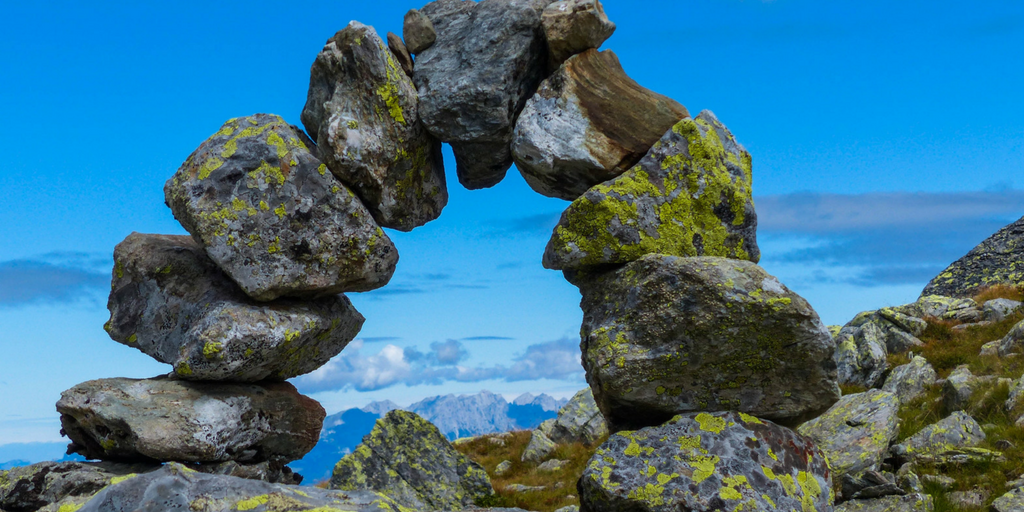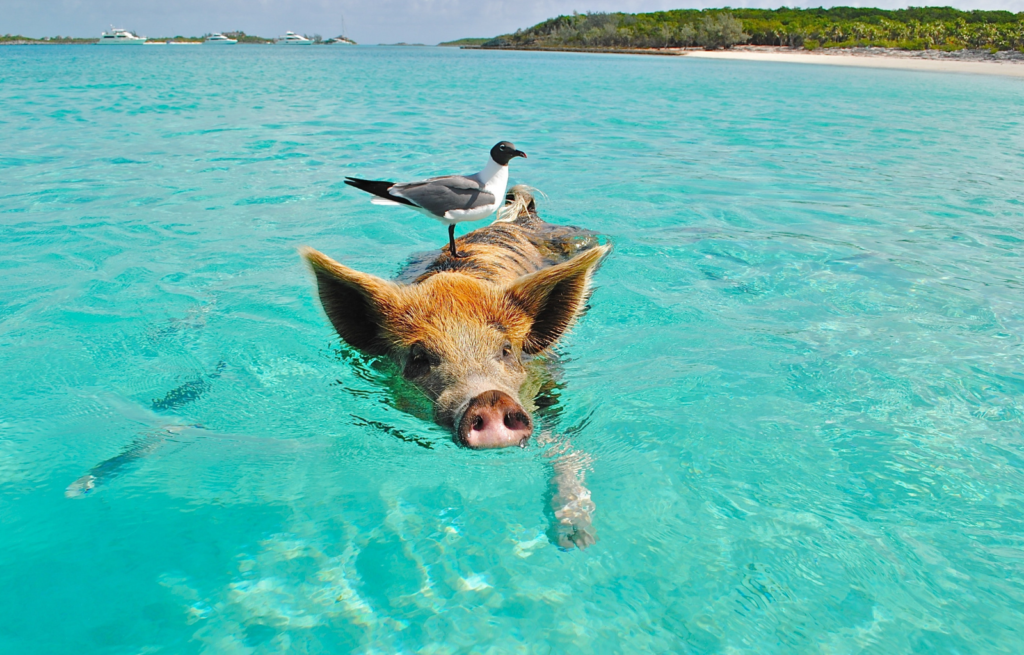Writing the Circle: Prompt #1
If you don’t subscribe to my blog, you will want to go back and read my introduction to this short series of writing prompts for getting your writing rolling in the new year. You’ll find it HERE. And now–
Welcome to your first of 3 days of journaling prompts for WRITING THE CIRCLE.
Although I’m drawing these blogposts from my own work with Laura Day’s The Circle, you can write your way through this series with me independent of the book. (I don’t want to say that you don’t need the book, as I love the book.) You’ve probably noticed that my slant on Day’s work is toward writing the circle.
To do these exercises, you will need:
1) a timer (there’s a handy one on your phone, or you can use the timer on your stove in the kitchen, or you can go to https://e.ggtimer.com/)
2) a new notebook in which to write–if you already have an established journal and want to use it, that’s fine, too (no prizes here for following Bethany’s directions to perfection)
3) a pen that you love writing with
Your First Writing Prompt:
In the Preface to the 2009 edition of The Circle, Laura Day describes her book’s original debut at her local bookstore in Manhattan, New York, on September 10, 2001.
That’s right, the eve of 9/11.
She scarcely mentions the canceled book tour, focusing instead on the circle of support that came together for the book, and for her and her young son–and even their cat (as their neighborhood was evacuated). Terrible things do happen, Day reminds us. Tragedies on every scale. But with this preface, she invites us to see our tragedies differently. Yes, it was awful. But were there any gifts that came along for the ride? Have you noticed those?
“You will learn to take everything in your life—yes, even your losses,
your wounds, your hunger, your anger, and your grief—and use it
as creative energy to shape the world you want.” –Laura Day
Set your timer for 10 minutes (so easy!) and write in your Circle journal about a time when something went horribly wrong. (If 10 minutes sounds like too much, don’t let it be an obstacle–go for 5!)

NEXT, reset the timer (Again, I recommend 10 minutes, but if that’s an obstacle, 5 is better than none), and write about how you survived. Who or what helped you? Where did you find comfort? At what moment did you see that you would get through this event? What gave you strength to keep going?
A note: If you feel that you didn’t survive, that you’re still struggling, then write that. Give yourself permission to pour it all out on the page. Trust that you will begin to see it (whatever it is) more clearly, when it’s in writing.
It turns out that seeing is what this is all about. Seeing Differently is a topic I sometimes blog about, too, and you can go here for a sample.
My overall plan?
I’ll have two more prompts for you in blogposts next week; subscribers will get the whole series. Can I turn this into an on-line class? We’ll see.






